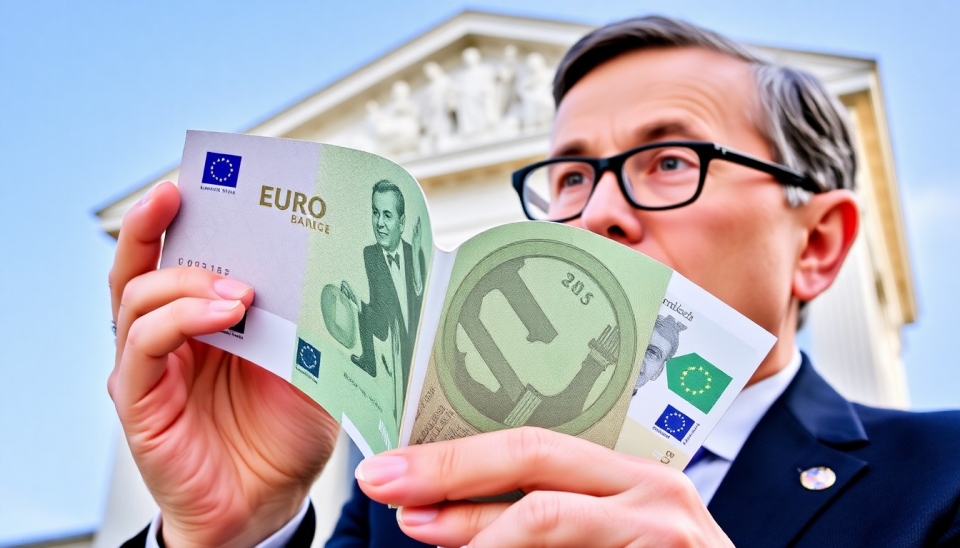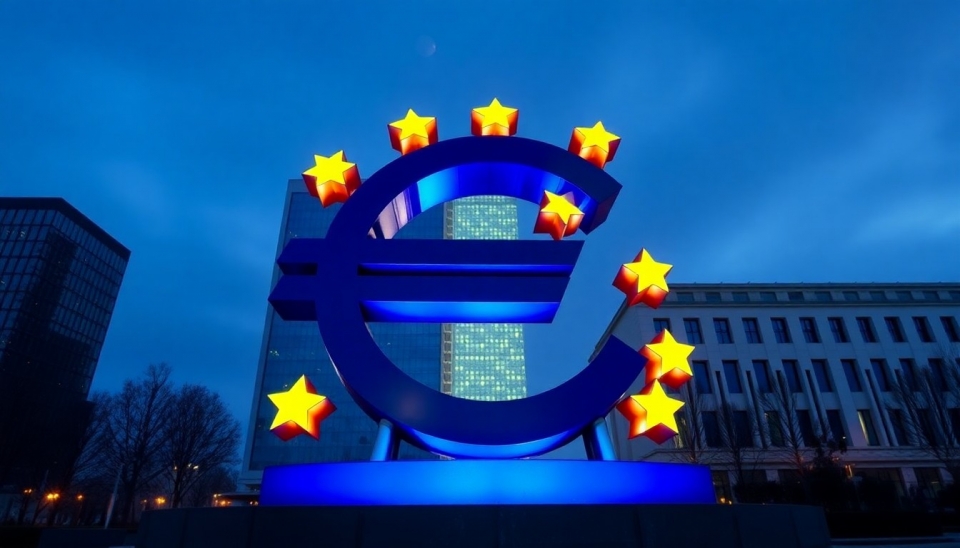
In a recent statement, the European Union's Digital Minister, Thierry Breton, sought to clarify misunderstandings surrounding the implications of the EU’s digital regulations on international trade. Speaking at a tech conference, Breton asserted that the digital rules designed to govern online platforms and enhance consumer protection are fundamentally aimed at improving market dynamics rather than imposing barriers to trade.
Breton highlighted that the EU's legislative framework is structured to ensure fairness, competition, and security in the digital space, arguing that these measures would not discourage trade but instead promote a healthier marketplace. His comments come amidst criticisms that the EU's stringent regulations could dissuade foreign tech companies from entering the European market due to perceived obstacles and compliance challenges.
The Digital Services Act (DSA) and the Digital Markets Act (DMA), two of the pillars of the EU's digital strategy, were primary topics of Breton's address. The DSA aims to create a safer online environment by imposing strict guidelines on platforms regarding content moderation and user safety. Meanwhile, the DMA seeks to prevent anti-competitive behavior by imposing obligations on large tech firms operating within the EU. Breton stressed that these regulations are not a method of protectionism but rather a means of establishing a level playing field for both European and non-European companies.
During the conference, Breton engaged with industry leaders and stakeholders, encouraging dialogues that highlight the necessity of these regulations for consumer protection and innovation. He expressed confidence that firms that comply with these rules will thrive, urging international partners to view the regulations not as hurdles but as opportunities to innovate and deliver better services.
Breton's remarks come in light of tensions between the EU and major tech companies, which have frequently criticized the bloc's regulatory landscape as overly complicated. The Digital Minister countered these criticisms by inviting collaboration instead of confrontation. He asserted that engaging constructively with these regulations could help create a more secure and competitive digital economy globally.
As the digital market expands, Breton’s call for a more serious investment in compliance is vital. He maintained that through proper implementations of these laws, consumer trust and safety would be enhanced, paving the way for economically beneficial relationships between companies operating in the EU and those from other regions.
In conclusion, Breton's stance reinforces the EU’s commitment to digital sovereignty while promoting an inclusive approach to international trade. The EU plans to lead by example, showing that a regulated digital space can coexist with open trade principles, urging global partners to rethink their perspectives on the intersection of regulation and commerce.
As the digital landscape evolves, the discourse around regulation versus trade will remain pertinent, and the outcome of such discussions may shape future legislative frameworks and international business relations.
#DigitalEU #TradeRelations #DigitalRegulations #ConsumerProtection #EUDigitalStrategy #TechInnovation
Author: Emily Collins

